UK Prime Minister Rishi Sunak narrowly edged out his rival, Labour leader Keir Starmer, in the first live TV debate of the general election, according to a YouGov poll. With voters heading to the polls in a month and Labour predicted to achieve a record win, Sunak managed to appear more prime ministerial, although Starmer was viewed as more trustworthy, likeable, and in touch with ordinary people.
The YouGov poll, reported by the London Times, found that 43 percent of people thought Sunak came across as more prime ministerial, compared to 40 percent for Starmer. However, 49 percent found Starmer more trustworthy, 50 percent found him more likeable, and 66 percent believed he was more in touch with ordinary people.
During the debate, Sunak emphasized his “clear plan for a more secure future,” while Starmer called for public support on July 4 to “change our country.” Sunak criticized Labour’s policies, accusing them of raising taxes and raiding pensions without clear plans for the future. He described Labour’s agenda as unclear beyond these actions.
Starmer, facing the risk of losing his significant poll lead, framed the election as a choice between continued “chaos and division” under the Conservatives and rebuilding under Labour. Both leaders were repeatedly told to lower their voices and avoid speaking over each other as they clashed on issues such as immigration, education, health, and the transition to net-zero energy. However, neither leader introduced new plans during the debate.
The debate’s run-up was overshadowed by Nigel Farage’s return to the political scene, which could pose additional challenges for the Conservative Party. Farage, who championed Brexit, is running as a candidate for his anti-immigration Reform UK party, risking a split in the right-wing vote that could favor Labour’s return to power.
Labour has maintained double-digit poll leads for 18 months, with Britons appearing weary of the Conservatives after nearly 15 years in power. Sunak, 44, announced the election on May 22, six months earlier than required, and has since made several promises to appeal to right-wing voters. These include introducing national service for 18-year-olds, restricting taxes on pensioners’ incomes, and amending equality laws to focus on biological sex.
On Tuesday, the Conservatives pledged to impose an unspecified annual cap on immigration. In contrast, Starmer, 61, has played it safer, focusing on reassuring voters that Labour will responsibly manage the economy and defense.
A YouGov survey on Monday indicated Labour is on track to win 422 of the 650 seats in parliament, potentially giving the centre-left party its best-ever election result and the Conservatives their worst defeat in over a century. Another poll from More in Common suggested a Labour majority of 114 seats.
These polls were conducted before Farage announced his candidacy for Reform UK and his return as its leader, allowing him to participate in election debates. Farage, known as “Mr. Brexit” and a close ally of Donald Trump, launched his campaign in Clacton, eastern England, calling for “a people’s army against the establishment” and criticizing the Conservatives for high immigration levels.
Farage’s return to politics has already caused a stir. He was doused in banana milkshake by a protester during his campaign launch, leading to the arrest of a 25-year-old woman on suspicion of assault. Despite this, Farage remains focused on leveraging any internal Conservative party conflicts post-election, expressing his desire to influence or even take over the party rather than join it outright.










